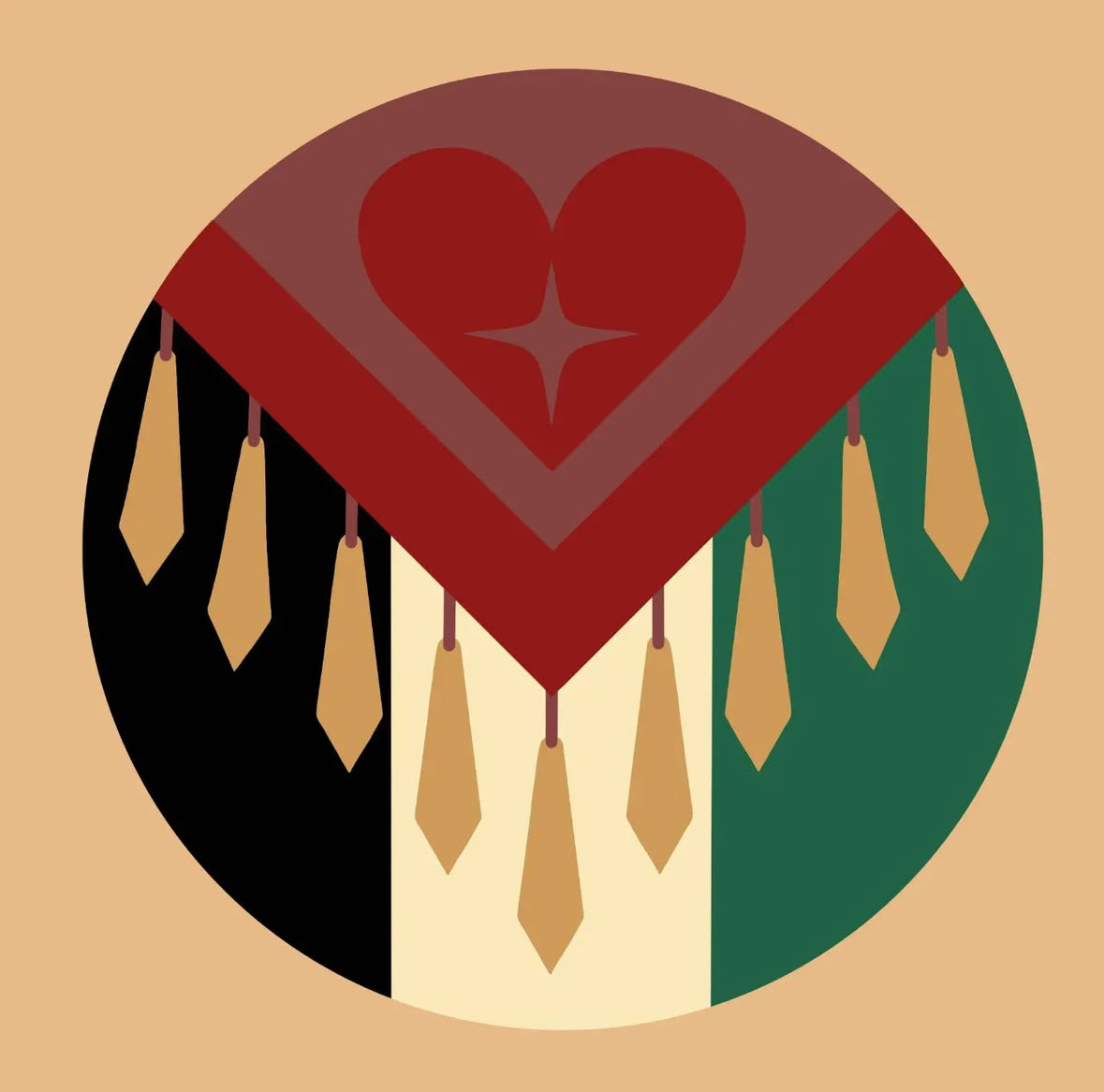
Here where the river meets up with the sea, oh sing to me, papa, the story of water.
— Eve Joseph, from the poem “Siwash Rock”
I stand at the mouth of the Capilano River, where the fresh waters meet the Salish Sea. When our salmon swim through this brackish mix they know they have arrived home. This mixture of water is where the name of our ancient village X̱wemelch’stn comes from — the village that sits where the waters meet. Waters that rest on rocks that have stood for centuries remembering language, remembering songs, and the quiet loving strength of a people who never left.
I sit with my father as he talks to me about what it means to be Squamish, about red earth hidden in old middens, about ancient walkways that appeared when the tides ebbed and revealed a bountiful array of clams, mussels, oysters. A walkway that would connect the mouth of our river to the shores of Stanley Park. A simple walk across land revealed by an intimate knowledge of a place we have lived forever. A place willing to share its secrets with the people it has always known.
What my dad shares with me is passed on through witnessing. Through being called on and asked to listen fully, to be present, and to remember. To use this remembering as the framework for everything we need to move forward, to make us who we are. A mechanism with which to learn from our mistakes and grow.
It is through witnessing that the stories, language, and knowledge that our ancestors fought for remain in our families. It is this witnessing that sparks feelings of knowing in us when we see something we were told about, something we were warned about. The feeling of knowing in our guts that shows us that we have seen something before.
As a people who are constantly working to protect what is ours and survive in our own territory, we recognize when these dynamics are playing out elsewhere. It is this knowing that sits in the pits of our stomachs as we watch in horror as the Palestinian people are removed from their own ancestral soils, their own ancient rocks and shores, which know their languages, songs, dances, and their laughter, their generosity.
We empathize with the grief of those ancient olive groves as they are separated from the ones that honour and tend to them. We understand, on a level deeper than language, what it means when the fertile soil filled with saltwater can no longer support the trees bearing fruit. Fruit so bright and full its reputation precedes itself and stories of its richness cross shores. A war on birthers as they try to extinguish the possibility of Palestinian futures. We understand all too well the horror of having our babies separated from their families and their homes. This is a pain we know. A pain that connects us.
Witnessing is about connecting, not only to stories but to those around us. To witness is to hold space for what is unfolding and to carry the weight of it with you and on into what you do. When we bear witness, we are part of the story, not just observers in it. When being called to witness, we do not turn away. When we are called, we stand and we take on what we can. This is how we learn. This is how we act.
When we see what’s happening in Palestine — the displacement, the destruction, the suffering — we recognize the patterns. Hidden behind smoke, rhetoric, and intimidation from the West, we recognize occupation when we see it. When we witness Palestine, we are witnessing ourselves, too.
Here, at the mouth of my river, I stand and know that across the waters, our shores connect. This is why, so many times, we have stood together. Your resistance, your refusal to be broken, has shown us what we can and must do in our own home. You have made us better. You have pushed us to fight for more: for something real, something tangible.
I want for you to stand on your own shores, to sit with your father and hear your own ancestral stories. And until that time comes, may you find a home in mine. May the resistance of my people wrap you in a blanket — a reminder that what you fight to protect can remain yours. That there are parts of you that cannot be taken.

